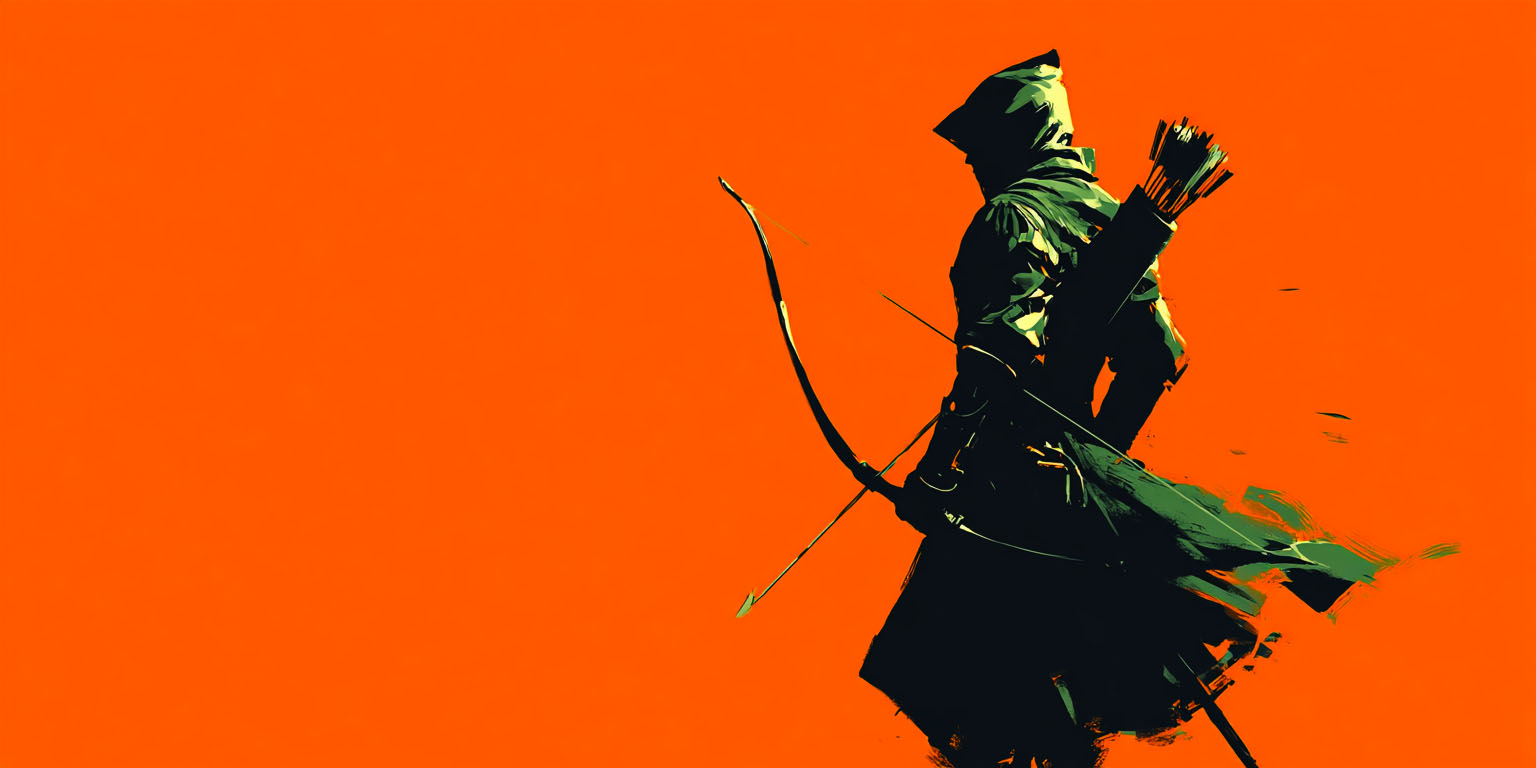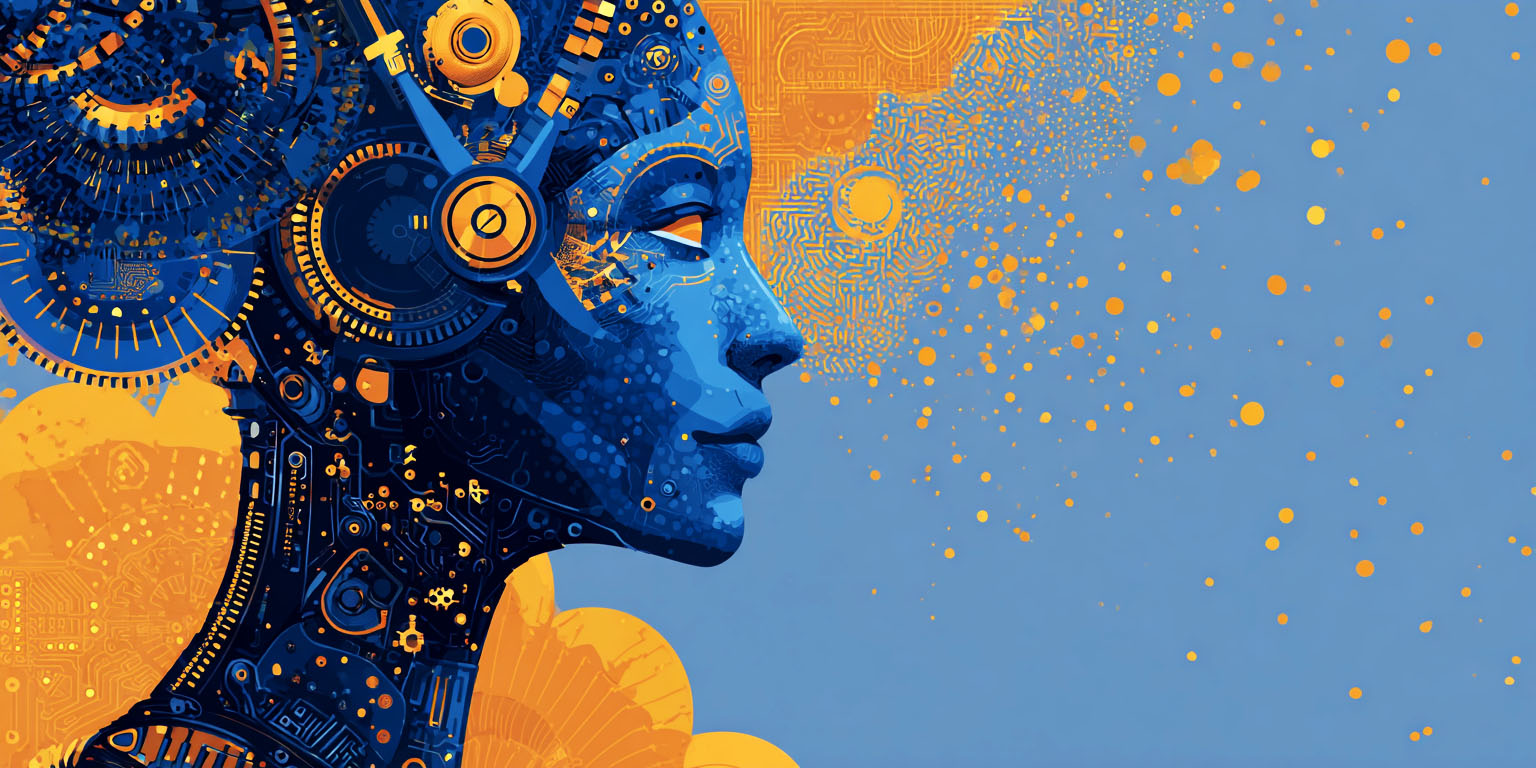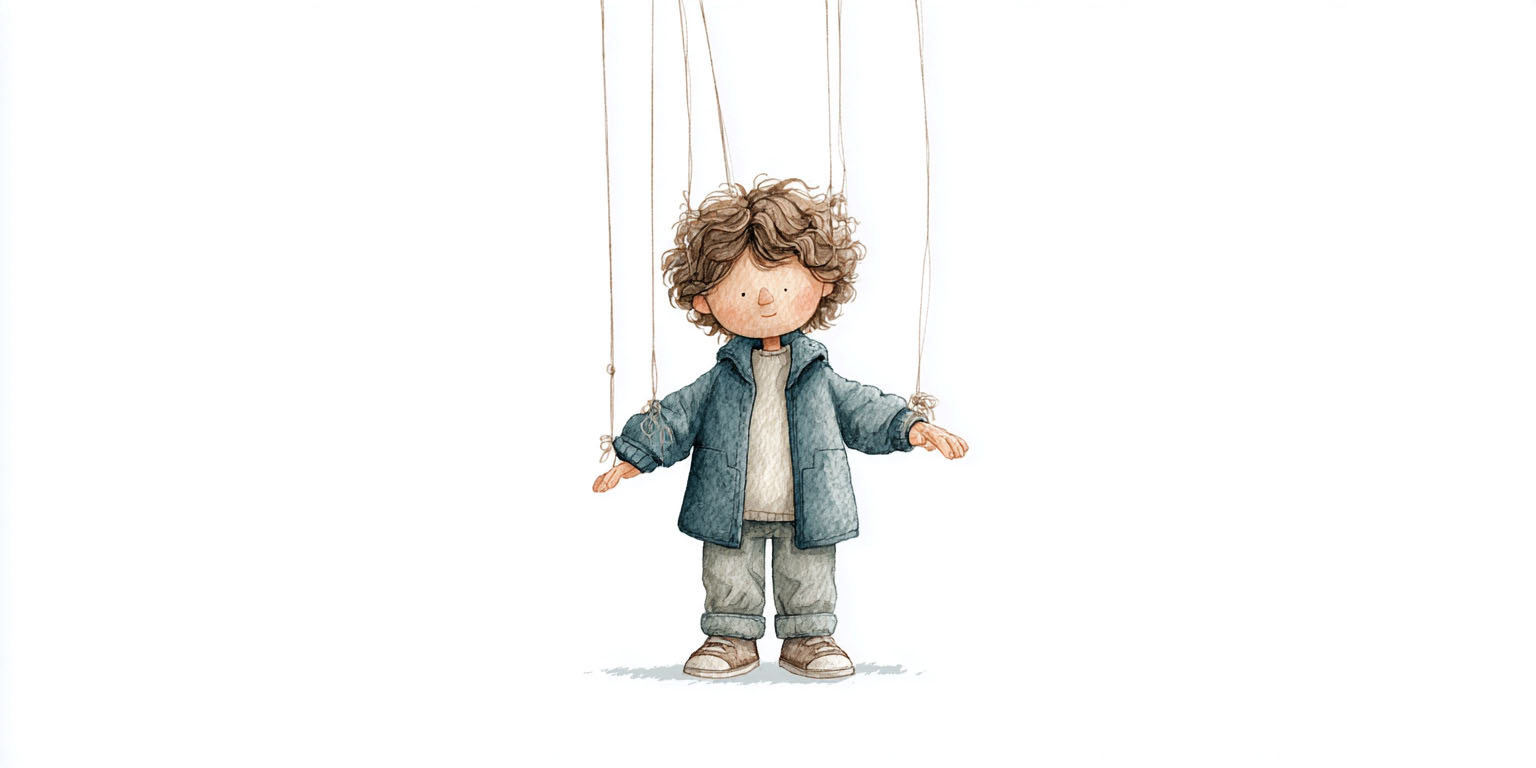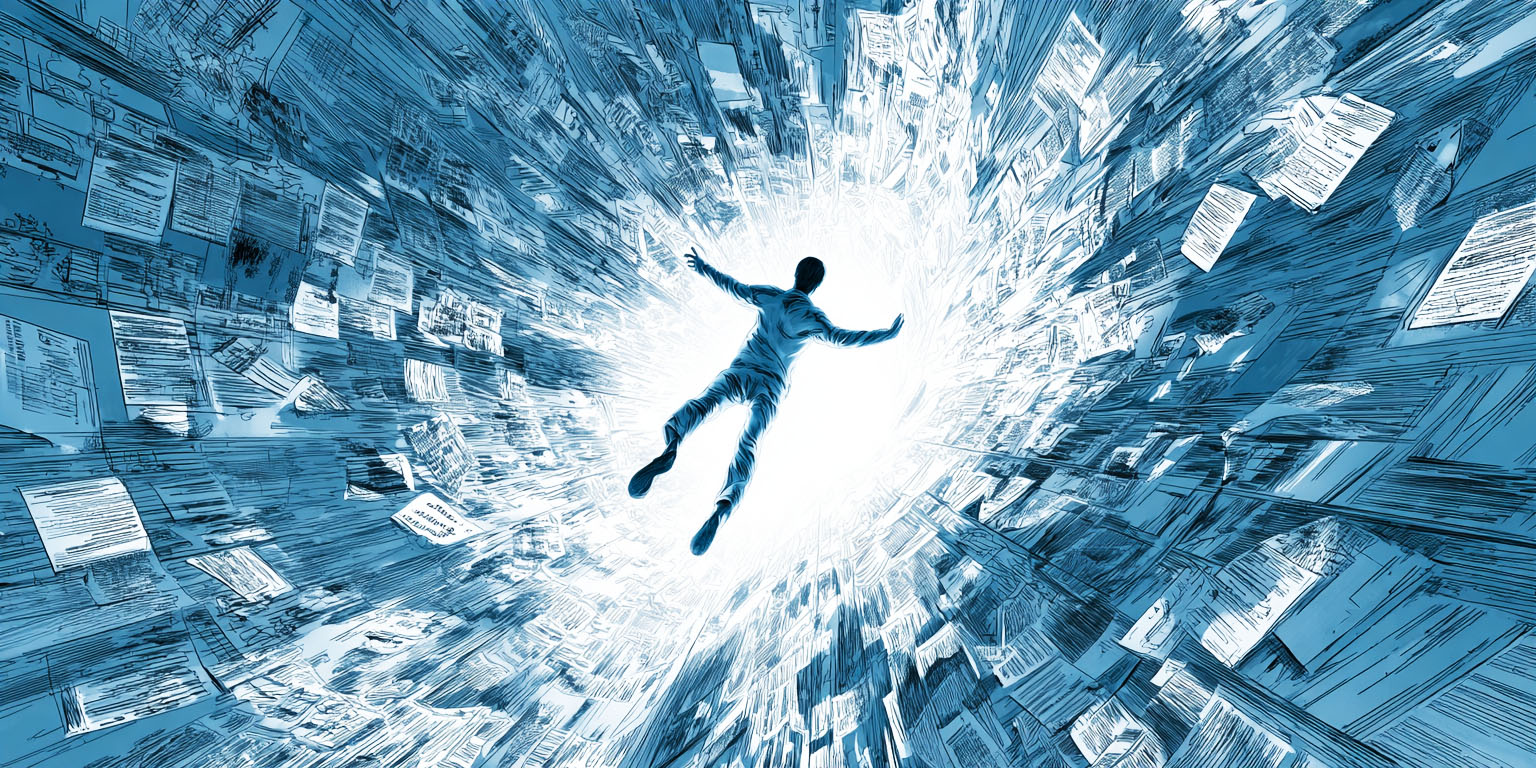The Next 25 Years...
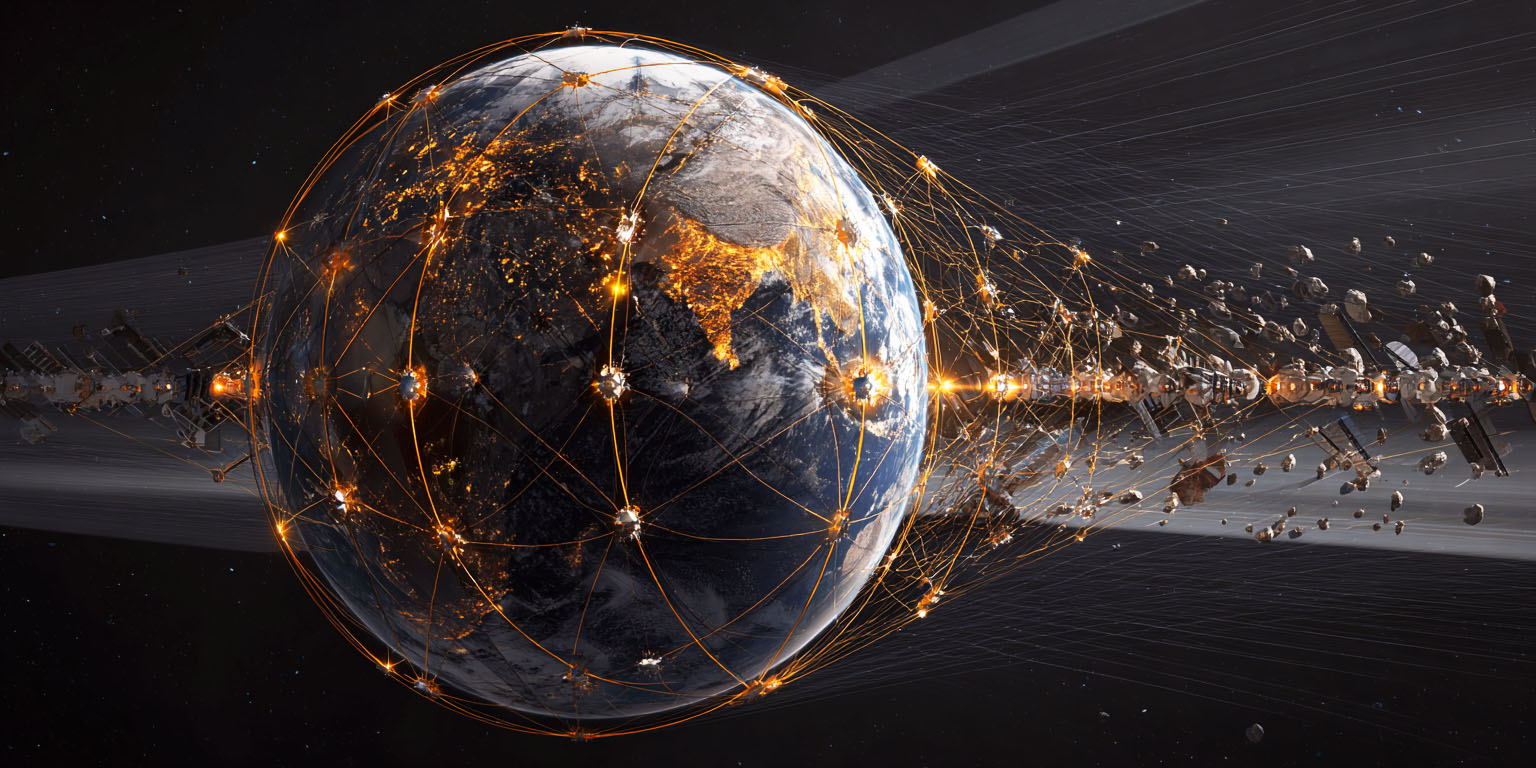
Every year I dedicate the last article of the year to reflect on the year gone by. Seeing as this article goes to print on the very last day of 2025, I thought I’d take the opportunity to look ahead instead — and try and predict what the next 25 years will bring.


